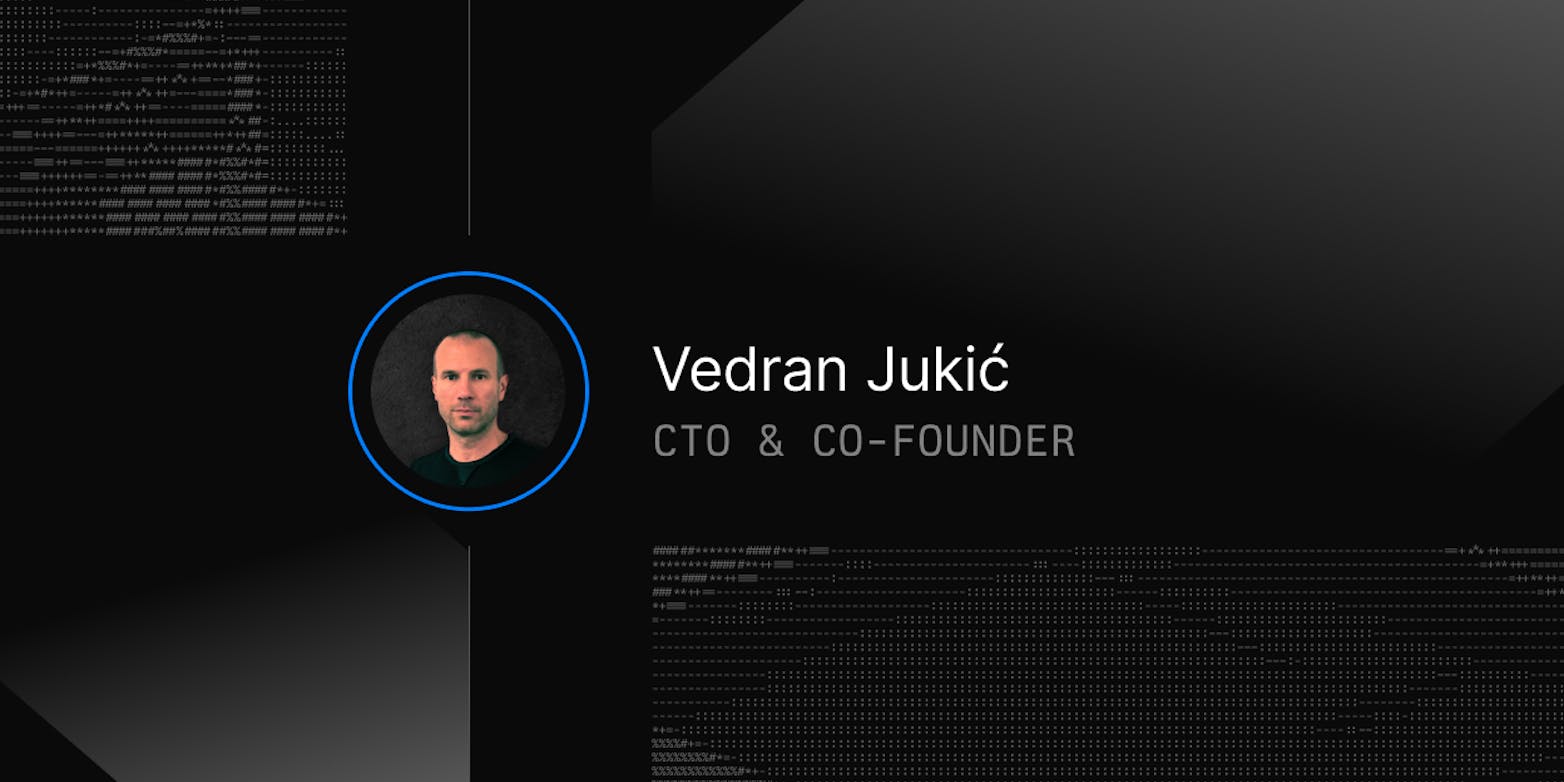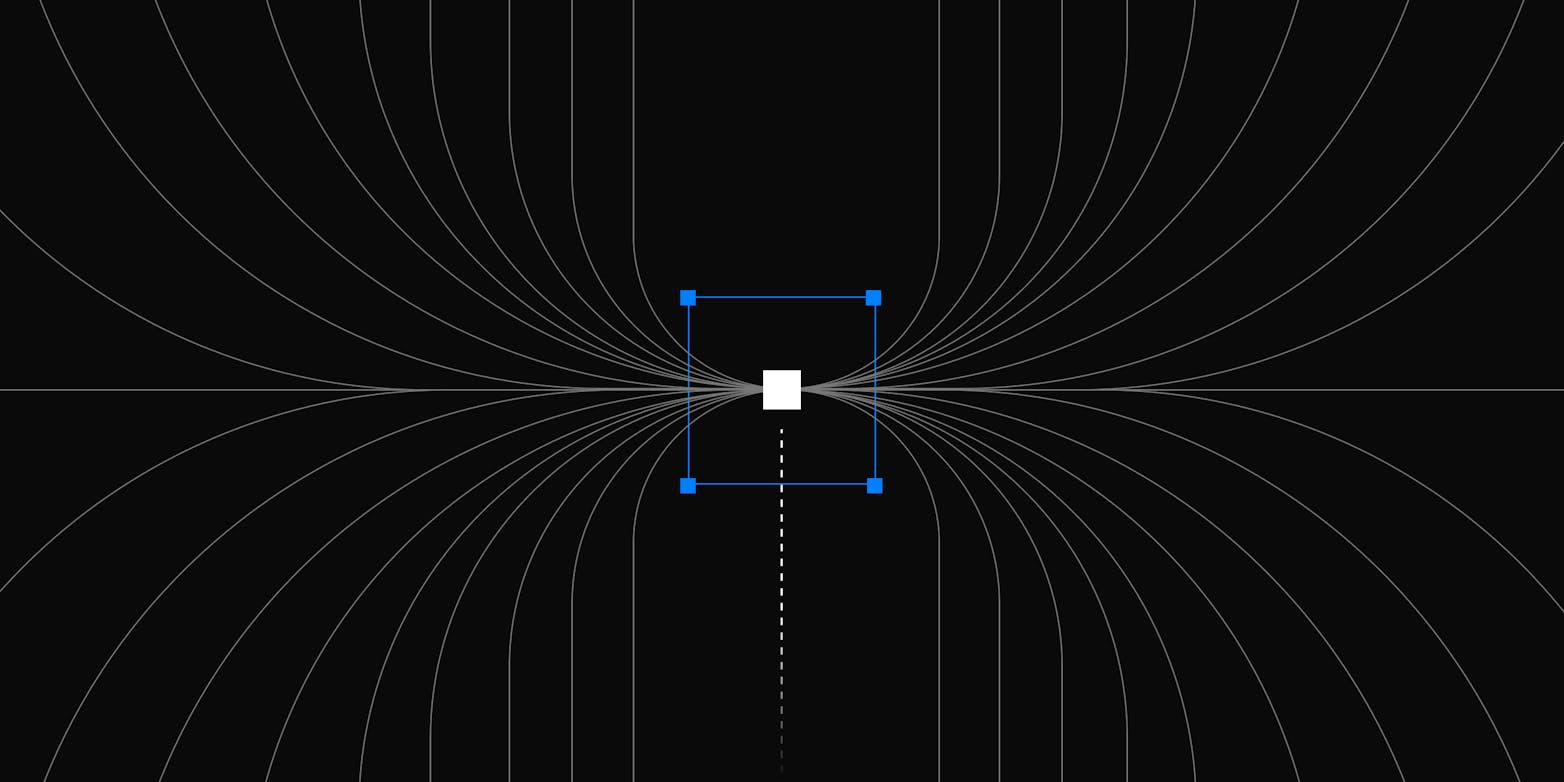The right team can turn the wheels of innovation. At Daytona, we are excited and privileged to introduce Chad Metcalf, our Head of Strategy and Alliances.
I haven’t met developers who want to manage where their Python comes from or have 10 tools to commit code. That shouldn’t be their problem - someone should take care of that.
Chad Metcalf
Leading Through Service
Throughout his career, Chad has found purpose in making processes easier for others. He lights up when recalling the feedback from developers after solving challenges like cross-compiling.
It changed their life and made everything better—I’m addicted to getting that feedback of ‘Oh, man, that really helped.’
Chad Metcalf
Chad is driven by tech’s immense potential for positive change. Over the years, this drive to simplify complex workflows and enhance efficiencies has fueled Chad’s leadership approach.
Energized by Innovation
Chad first felt the thrill of innovation when he created a live CD for the TinyOS project at UC Berkeley. He smiles as he recalls the "Ooh!" moment of seeing developers easily access the needed tools. Years later, at Docker, that same rush returned during his first ‘docker run’ test.
I had this little tickle in the back of my head going—‘That was pretty cool.’
Chad Metcalf
Now at Daytona, he's recaptured that spark. Chad compares the click of instantly loading a ready-made dev environment to those formative tingly “Ooh!” moments across his career.
Today, we unravel the layers of Chad's rich career, his love for software development, and his ambitious vision for Daytona's future.
A Conversation with Chad
How did it all begin for you? What sparked your interest in this field?
It all started when I got my hands on an Apple IIe back in the day. I was mesmerized by this magical machine, and since my parents weren't particularly tech-savvy, I had the whole thing to myself. I started playing games, like Oregon Trail, and then I wanted to create my own games. That's when I delved into programming, starting with simple text games. It was all about having fun and exploring the possibilities.
As I grew older, I got into BBSs and dial-up connections. There were these "mushes" or multi-user dungeons, which were basically text-based games like World of Warcraft. I even created my own campaigns. This curiosity and desire to create stayed with me, shaping my path toward a career in software development.
Looking back at your journey, are there any moments or experiences that stand out as particularly formative for you?
There are a couple of moments that shaped my perspective. One of them was during my time working on the TinyOS open-source project. We created a live CD with all the necessary tools and dependencies to develop for microprocessors. This made it much easier for students to start without struggling with complex setups. Seeing the impact it had on their learning experience was immensely rewarding.
Another moment was when I, working at that time for a defense contractor, tackled the challenge of cross-compiling on underpowered processors for a wearable device. It was a frustrating and time-consuming task, but once I solved it, the build time went down from 36 hours to just 10 minutes. It was revolutionary.
I learned the power of automation and how it can revolutionize development. — Of course, my boss then handed me the responsibility for cross-compiling, but seeing the positive impact on the team was worth it.
Chad Metcalf
These moments reinforced my belief in making developers' lives easier and inspired me to continue exploring ways to simplify their workflows.
You have quite an impressive background driving growth at pioneering companies like Cloudera, Docker, and Puppet. How do you think those experiences will shape your approach here?
Each company I've worked with has added a distinct hue to my professional palette. Working at hypergrowth startups taught me the importance of crafting strategies tailored to each company's distinct strengths and challenges.
For example, at Arch Rock, I honed my skills as a software engineer, which gave me a deep understanding of the technical aspects of our work. At Cloudera, I was deeply involved in build and release processes and infrastructure engineering, which taught me the importance of efficient workflows and solid infrastructure. WibiData, despite not going as far as we would have liked, had the best team I've worked with and reinforced the value of collaboration and diverse perspectives. At Puppet, I transitioned into sales engineering, which opened my eyes to the business side of our industry and the importance of aligning technical capabilities with business goals. Docker allowed me to step into a leadership role, honing my skills in strategy and strategic alliances. And at Gitpod, I had the opportunity to build an initial team and drive enterprise sales.
These experiences expanded my perspective on aligning business objectives with developer experience and productivity. Now at Daytona, I've come full circle.
Now, tell us about your journey with Daytona. What excites you about being part of our team?
Oh, there's so much excitement in the air! Daytona resonates with my lifelong mission to simplify and enhance the experience for developers. Having worked across diverse domains, I've honed a unique set of skills that cut across software engineering, infrastructure, sales, and alliances.
We all know developers are asked to do so much these days, from keeping up with rapidly changing technologies to meeting business requirements. Daytona can be a game-changer by providing a flexible and seamless development environment. I want to be part of a team that helps developers focus on what they love – writing great code – while taking care of the tedious and time-consuming aspects.
Where do you see the industry heading, and how do you think Daytona can shape this landscape? Are there any emerging trends or technologies that particularly catch your attention?
With the ever-increasing pace of technological advancements, developers face new challenges daily. There's a lot on their plates, from the rise of generative AI to the pressure of doing more with less. But here's the thing – we must make it easier for developers. We shouldn't burden them with the nitty-gritty details that can be automated or abstracted away.
The future lies in providing developers with the tools and environments they need to get their work done seamlessly.
Regarding emerging trends, I see a continued shift towards infrastructure as code and automation. Developers want to focus on writing code, not spending hours setting up their environments or managing dependencies. We need to make it easier for them to build, test, and deploy their applications without friction.
Daytona is at the forefront of this movement, offering developers standardized development environments. Imagine "disposable laptops," instantly scalable resources, and a hassle-free experience.
By providing on-demand resources, streamlining compliance, and automating repetitive tasks, we aim to empower developers to focus on their core work—creating exceptional software. I envision Daytona as a catalyst for change, making software development more accessible and efficient for everyone involved.
Can you describe Daytona's mission, what it means to you, and how it is aiming to revolutionize how developers work?
At its core, Daytona is more than just a tool or platform—it’s a revolution for developers. We aim to empower developers by removing unnecessary complexities and distractions. We aim to transform how developers work, making software development more accessible, efficient, and enjoyable for everyone involved.
I believe that technology can impact people's lives positively, and by making development more accessible and efficient, we can bring more people into the field. Whether it's someone learning programming at night school or gig workers looking for stable jobs, we can create opportunities and change lives.
At Daytona, we're not just building a product; we're building a better future for developers and businesses alike. I'm thrilled to be a part of this journey.
Daytona can provide both business needs and developer experience. It’s one of my favorite things—both sides win.
Chad Metcalf
Could you please explain your role and responsibilities at Daytona? What specific tasks will you be undertaking? Also, where can individuals interested in meeting you find you?
As the Head of Strategy and Alliances at Daytona, my role is to shape our strategic direction and establish partnerships to revolutionize the developer experience.
But you know what? I like telling better-together stories. It's easy to get so focused on your own company, but the truth is, no one company can be everything for everybody. That's why I find it exciting to create partnerships that tell a better-together story. It's about showing why two things work better and how our users can benefit from that.
So, if you're the kind of company that thinks, "Hey, Daytona and our thing would be great together in this unique way," you should absolutely call me. Even if it's just a cool blog post highlighting our potential synergies, it's still amazing.
Many people don't even consider putting things together in the same story, or don't know how to. So, my call to action is this: If you want to tell a story with us, talk to Chad.
And don't worry, we'll make it more approachable than just paperwork and contracts. It's about telling stories and making meaningful connections. I'm always open to discussing partnerships, and new opportunities, and finding unique ways to collaborate.
You can also reach out with DM on Twitter (or nowadays X). I have an open-door policy and am happy to assist with guidance, connections, and advice on partnerships and new opportunities.
Let's tell a better-together story.





